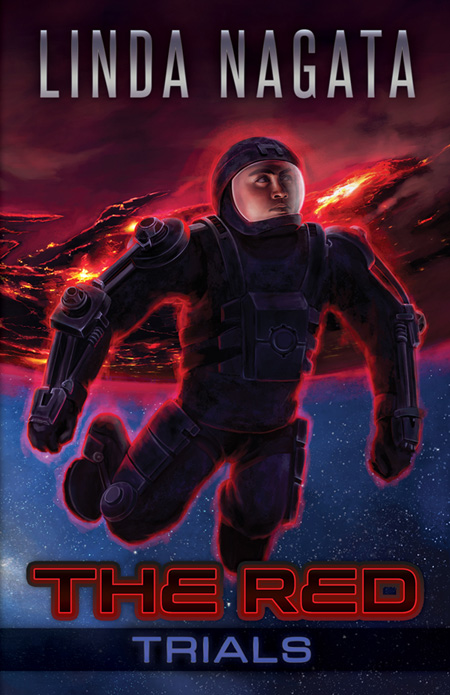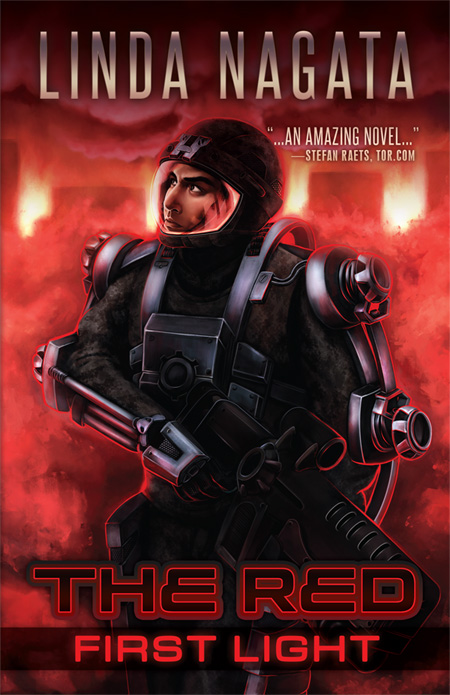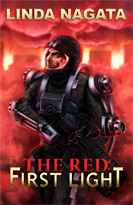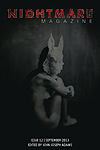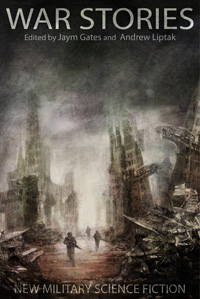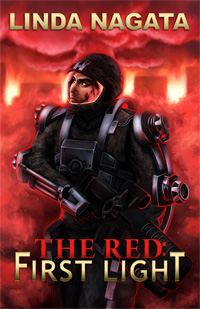 There is no best path in this business of writing fiction and every author’s career is different. I started in the usual way, with traditional publishing, and had six science fiction novels published by New York houses between ’95 and 2003. My work garnered good reviews and there were a couple of awards, but despite my best efforts no meaningful amount of money was going into the family coffers. Economically, I was wasting my time. Emotionally I was inhabited by a deep, dark sense of failure, with no viable means to turn things around. So circa 2000 I more or less walked away from the field for almost ten years. I did not stop writing entirely, but it was close.
There is no best path in this business of writing fiction and every author’s career is different. I started in the usual way, with traditional publishing, and had six science fiction novels published by New York houses between ’95 and 2003. My work garnered good reviews and there were a couple of awards, but despite my best efforts no meaningful amount of money was going into the family coffers. Economically, I was wasting my time. Emotionally I was inhabited by a deep, dark sense of failure, with no viable means to turn things around. So circa 2000 I more or less walked away from the field for almost ten years. I did not stop writing entirely, but it was close.
In 2009 I woke up to the ebook revolution.
My background and situation let me jump right into self-publishing. I’d worked in web development for nine years, so I knew how to handle the HTML behind ebooks, I was familiar with Photoshop, I’d learned the basics of InDesign, I had the rights back to all my novels, and I had time to devote, since the recession had ended my programming job. So I became my own publisher and reissued the novels, first as ebooks and then in print-on-demand editions.
I found that I loved this new business, because I was in control.
In traditional publishing, after a book is sold, the important decisions are made by the publisher—format, cover art, cover copy, sales date, pricing, promotional budget (if any)—and once those decisions are made they can rarely be changed. So my near-future bio-thriller Limit of Vision was released with a pulp cover featuring giant bugs, while my far-future novel, Memory, was released with a back cover description that got the basic facts of the story world wrong.
As my own publisher, I make mistakes too, but because my business model—low upfront costs and no warehoused inventory—is radically different from that of traditional publishing, I’m in a position to correct those mistakes. I can—and I have—changed cover art, cover copy, and pricing after publishing a book.
Of course these days, self-publishing out-of-print backlist isn’t controversial. The question writers debate is what to do with original fiction. I looked at it from a business perspective, asking What’s best for me? And I couldn’t justify trying New York again.
(more…)








